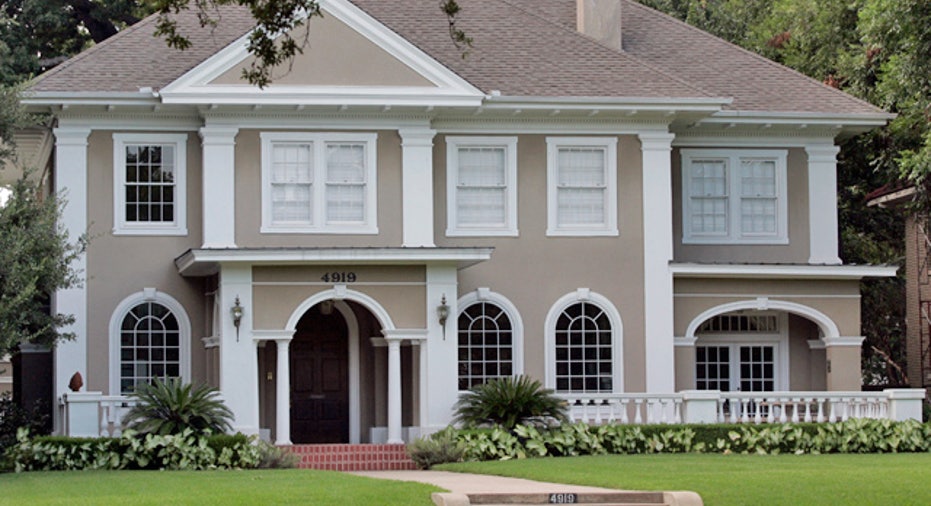HELOC default Could Lead to Home Loss

Dear Debt Adviser,I have a home equity line of credit of $30,000 that came due in December. I could not pay the full amount. Now the bank is threatening foreclosure on my property. I have a first loan of $718,000 with a different bank. The house is worth $650,000, or far less than I owe. In January 2010 I did a loan modification with the bank that holds the primary loan. Is foreclosure over a second mortgage possible? Would the primary loan holder allow that to happen? What are my options? No one at either bank can give me a straight answer.-- Kim
Dear Kim,I'm afraid that you are getting an up close and personal view of the insane world of mortgage foreclosures. A foreclosure is a legal proceeding that is initiated by a lender, usually as a result of a default, and typically forces the sale of your home. The proceeds from the sale are applied to the mortgage debt.
If your home were foreclosed upon and subsequently sold, the money from the sale would go to the first mortgage holder. The primary mortgage holder is first in line for the sales proceeds, hence the term first mortgage. Your HELOC is a second mortgage and as such would be paid after the first mortgage holder in a foreclosure proceeding.
Your second mortgage holder is certainly within its rights to begin foreclosure proceedings. But with the current value of your home, it wouldn't seem to make much sense. Your home's value is $650,000, and the first mortgage is $718,000. So the sale of your home would not satisfy the first mortgage, much less the second. Logic would say that the second mortgage holder will gain nothing by foreclosing.
But regulators require that a bank follow certain procedures when a loan is delinquent. If you don't pay, they may be required to go after their collateral and then pursue all other remedies to cure their shortfall. My guess is that they will foreclose. The first mortgage holder will be forced to foreclose, too, in order to not lose $30,000 of their collateral to the second mortgage holder.
You are correct that the first mortgage will wipe out all the value in the home and the second mortgage holder will get nothing. However, depending on the state in which you live, the second mortgage holder may sue you for $30,000 after the foreclosure comes up empty. If you can't come up with the money from savings or a new loan, then you may end up with a wage garnishment. Again, this depends on your state of residence -- the laws vary state by state.
The $68,000 shortfall from your first mortgage would probably be forgiven and typically would become taxable income for Internal Revenue Service reporting purposes. However, you can file a Form 982 under the Mortgage Forgiveness Debt Relief Act to exempt forgiven debt on your primary residence through the end of 2012.
This should also cover your second mortgage deficit of $30,000, if it is forgiven and not pursued. But there is an important condition you must meet. You must have used the $30,000 in home equity borrowing to improve your principal residence to qualify for exclusion under the Mortgage Forgiveness Debt Relief Act.
I'm not surprised you can't get a straight answer from the banks. The mortgage servicers often don't understand the terms of the mortgages they are handling and won't speculate on what the bank's collection arm or legal department may do, in case they are wrong. They don't want to be blamed for giving you incorrect information. It's much easier and safer for them to pass the buck until it's too late to do anything.
But there is help. I suggest you quickly contact the Homeowner's Hope Hotline at (888) 995-HOPE, operated by the Homeownership Preservation Foundation. For free, a counselor from an agency certified by the Department of Housing and Urban Development will work with you to cut the red tape and get you straight answers from your mortgage servicer and outline your options for you.
I wish I had better news for you.



















